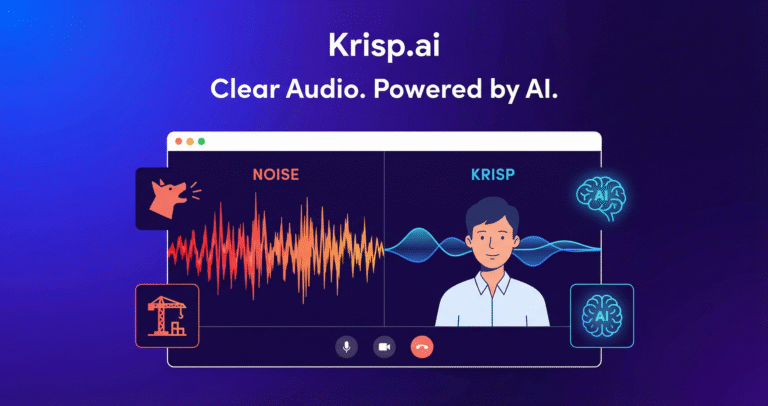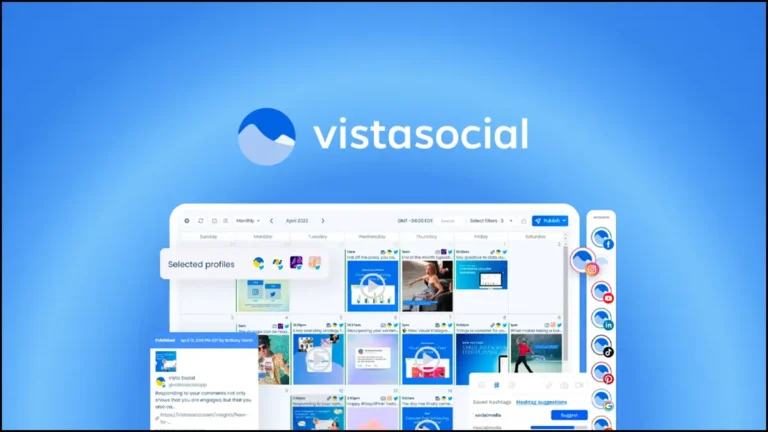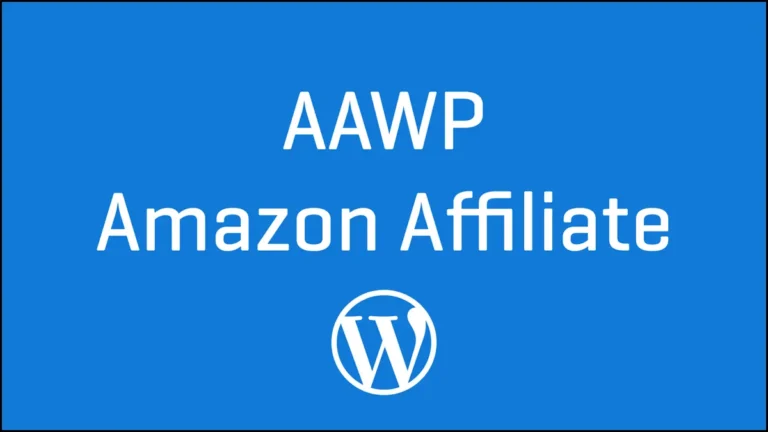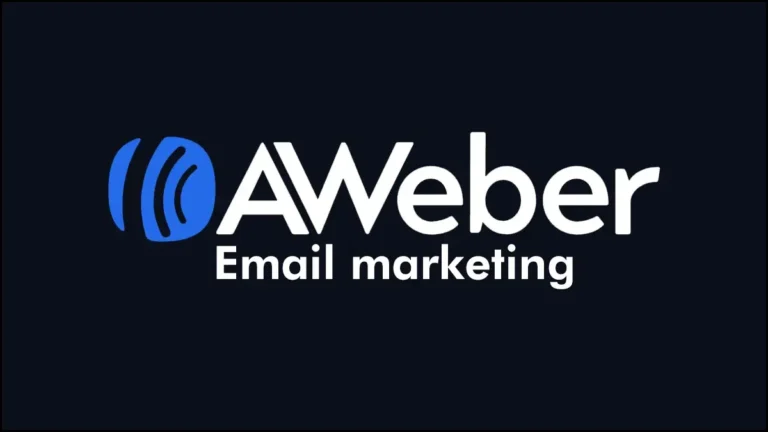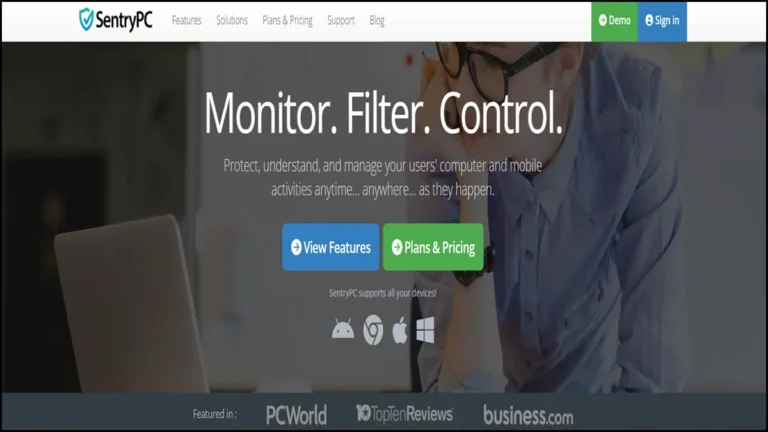A website builder is a platform that creators or developers use to construct a website from scratch and want Best Website builder for blogs and all type of thier business . It usually provides various templates to choose from, allowing users to give their sites unique appearances, functions, and customization options.
Several website builders provide a free entry level for simple website construction, alongside premium plans that include additional features and enhancements, such as custom domain names.
There are many website builders on the market today to choose from. We will explain and detail it
best website builder for blogs, best website builder for musicians,best building construction websites,college football team builder website, and best website builder for transitions ( Never building new website with an agency)
1.HubSpot
HubSpot is considered a top-notch free website builder, not just for its user-friendly signup process but also for its integrated tools for various functions like marketing and sales.
Creating a website is a breeze thanks to the user-friendly setup dashboard that guides you through the process with an interactive checklist, making it simple for anyone to build his own site step-by-step.
The free themes and templates are excellent, and there are many choices available in the HubSpot marketplace.
HubSpot features
- Content Marketing Software tools
- Responsive themes and templates
- Built-in security functions like malware scans, website monitoring, and web application firewall
- Free SSL certificate
- Ability to connect to custom domain
Disadvantages
- HubSpot’s branding is displayed in free version
- If you aim to create personalized modules and templates, you will have to become familiar with HuBL, which is HubSpot’s templating language
Pricing
A limited free plan is available. The premium CMS plans start at 23$ a month when billed annually.
2.WordPress.com
WordPress.com is the most popular online platform for creating websites. Signing up is simple, free, and the included domain name is more attractive and recognizable compared to others. Your website’s domain will look like: “Brandname.wordpress.com”.
However, it’s important to differentiate between WordPress.com and WordPress.org. WordPress.com offers a free, fully-hosted website-building service, while WordPress.org is a content management system that you can install on your website.
If you’re looking for an easy and free website builder, WordPress.com is the ideal option. But if you have a little bit of website development knowledge and are willing to learn the ins and outs of WordPress hosting, WordPress.org is a good choice.
WordPress.com features
- Big collection of themes
- Managed website hosting and security
- Mobile-friendly and optimized for SEO
- Customizable and flexible
Disadvantages
- The free version displays ads
- More limitations compared to WordPress.org
- It’s more difficult to learn than other drag-and-drop builders
Pricing
A limited free plan and Premium plans start at 4$ a month
3.Weebly
Weebly is a classic website builder that provides a special package including website hosting, domain registration, website design, and integrated online selling features.
On Weebly, when signing up, you have the option to create a store at the same time. and it’s a great fit for someone who’s trying out ecommerce for the first time. In addition, Weebly includes a checklist to work through to set up your store correctly.
Weebly features
- Drag-and-drop editor
- Integrated CMS solution
- Free SSL certificate
- SEO tools
- Reporting and analytics
- The free plan has ecommerce functionality
- Good selection of paid and free apps in the app center
The cons
- Limited choice of themes
- The free plan display ads
- Limited SEO functionality
Pricing
A limited free plan is available. Premium plans start at 6$ a month
4.Webflow
Webflow is a free website builder and excellent choice for individuals with advanced coding skills who want a highly customizable website building tool.
Webflow features
- drag-and-drop website builder
- Widgets to add features like media and maps
- Third-party integrations
- Offers full control over site’s design
- Responsive interface
The cons
- Requires some knowledge of HTML and CSS to access all features
- After building a website, you need to transfer it to a content management system
- It has a complex structure of both free and paid plans.
- You need to sign up for both a Workspace and Site plan
Pricing
A limited free plan is available. Premium plans start at 12$ a month
5.Wix
Wix is one of the most popular free website builders, its easy-to-use, fully-hosted platform offers an easy drag-and-drop editor, professional-looking templates and an extensive collection of apps.
Wix features
- Drag-and-drop editor
- A big collection of apps and templates
- Analytics and reporting
- Easy to use
- Optimized for mobile
Disadvantages
- The free version displays ads
- The premium plans are expensive
- The only way to change templates is by creating a new site and transferring your premium plan to it
Pricing
Wix has a limited free plan and premium plans start at 16$ a month
6.SITE123
SITE123 is perfect for individuals and small businesses seeking a simple and basic website building platform. However, it might not meet the needs of users looking for complex design options and a wide range of integrations.
SITE123 features
- Shipping and Tax Configuration
- SEO tools
- Analytics
- Social Media Integration
- It supports a large number of languages, including Arabic
The cons
- Few customization choices
- Limited Templates
- Not Mobile-Responsive
Pricing
A limited free plan is available. Premium plans start at 5.8$ a month
– There are other website builders that serve the same purpose: Google Sites, Dorik, Yola, Webnode and GetResponse, where you can explore it.
– you can See this article Ecommerce Website Builders to start your online store


